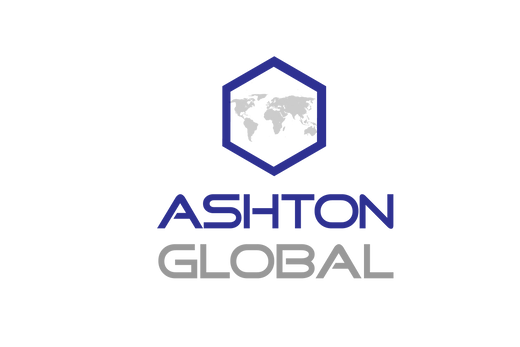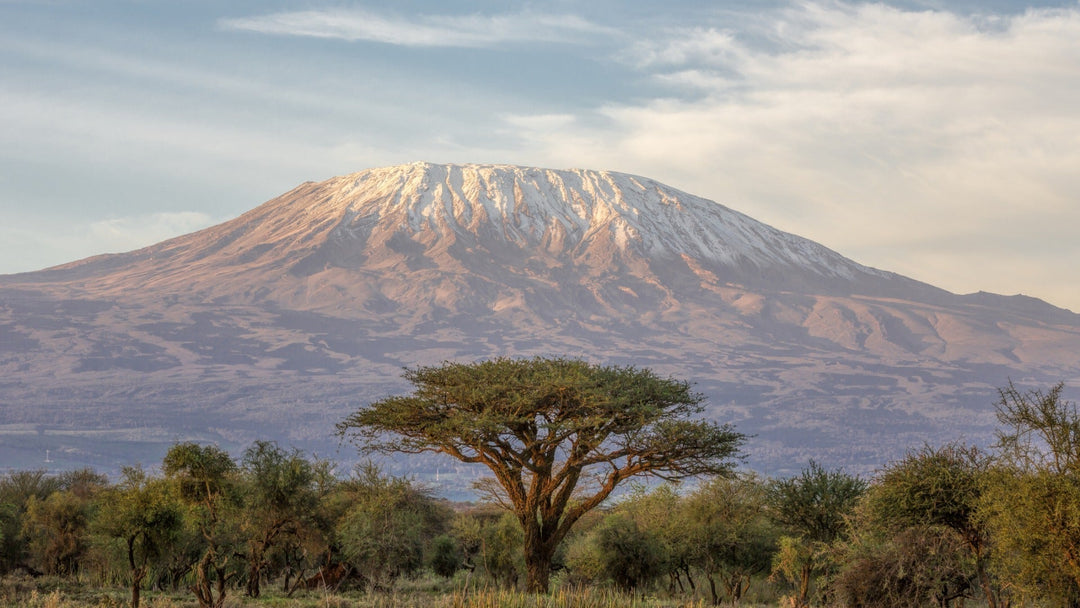Stock markets in Latin America are like the US markets of the late 20th century in many respects. The Latin American equivalent of the post-WWII baby boom occurred decades later, which suggests that stock valuations could increase substantially.
The Case for Private Equity
Private equity in Latin America has an even higher potential for better risk-adjusted returns than listed stocks because of its illiquid nature and the potential for major asset mispricing in private markets.
There are two reasons why stock market capitalization as a percentage of GDP tends to grow as economies develop. The first is the growth of companies within the market, while the second is the listing of private companies on stock exchanges. Once they are listed, retail investors in developed countries can start to buy into firms in emerging markets through ETFs.
The shares of listed companies are also more liquid. Research by Roger Ibbotson shows that lower liquidity shares have higher returns. It follows that investments in Latin American private equity should rise in price as firms are listed or acquired.
Even in some markets where the stock exchanges are relatively robust like in Mexico, more than 30% of the traded securities are linked to Carlos Slim’s empire. The private family ownership culture that is pervasive across Latin America also presents opportunities for investors related to estate and succession planning.
Opportunities in Real Estate
Private equity also has better access to high-growth sectors, and we particularly like real estate in Latin America. Latin American countries generally have better weather and a lower cost of living than the US and Europe. That is an attractive combination for tourists and retirees as travel becomes more accessible during the 21st century.
This long-term potential is accompanied by low current US dollar prices and robust inflation in many countries which supports property price appreciation.
All four of Forbes' best countries to buy a second home were in Latin America this year. In each of those countries, the US dollar rose substantially over the previous six years. The dollar was up 90% against the Brazilian real, 81% in Columbia, 58% versus the Mexican peso, and 46% in Chile.
High Returns and Low Correlation
Over the long term, investing in Latin America can increase returns and provide diversification. Since 1988, the MSCI EM Latin America Index produced an average annual return of 14.7%. The Emerging Markets produced annual returns of only 10.5%, and the All Country World Index (ACWI) had even lower returns of 7.8% per year.
Perhaps just as important to investors looking for diversification, Latin America has a different economic cycle. Most notably, Latin America did significantly better during the 2000-2009 period when US stocks produced poor returns.
Perceived Risks in Latin America are Higher than the Actual Risks
Latin American equities have underperformed world markets over the last decade, but mean reversion implies that trend should change soon. The ACWI produced an average annual return of 9.8% over the previous ten years, compared to the long-term average of 7.8%. That suggests lower returns for global stocks in the future.
Much of Latin America experienced a severe recession during the last decade. The average return there was just 1.8% compared to a long-run average of 14.7%. Latin America is ready for recovery, while many other markets are priced to perfection.
However, most organizations are not prepared to take advantage of these opportunities. At Ashton Global, we specialize in generating alpha for long-term investors by investing in illiquid assets and developing markets.
Please contact us at +1 212 514 8953 or email investor@ashtonglobal.com to learn more.








